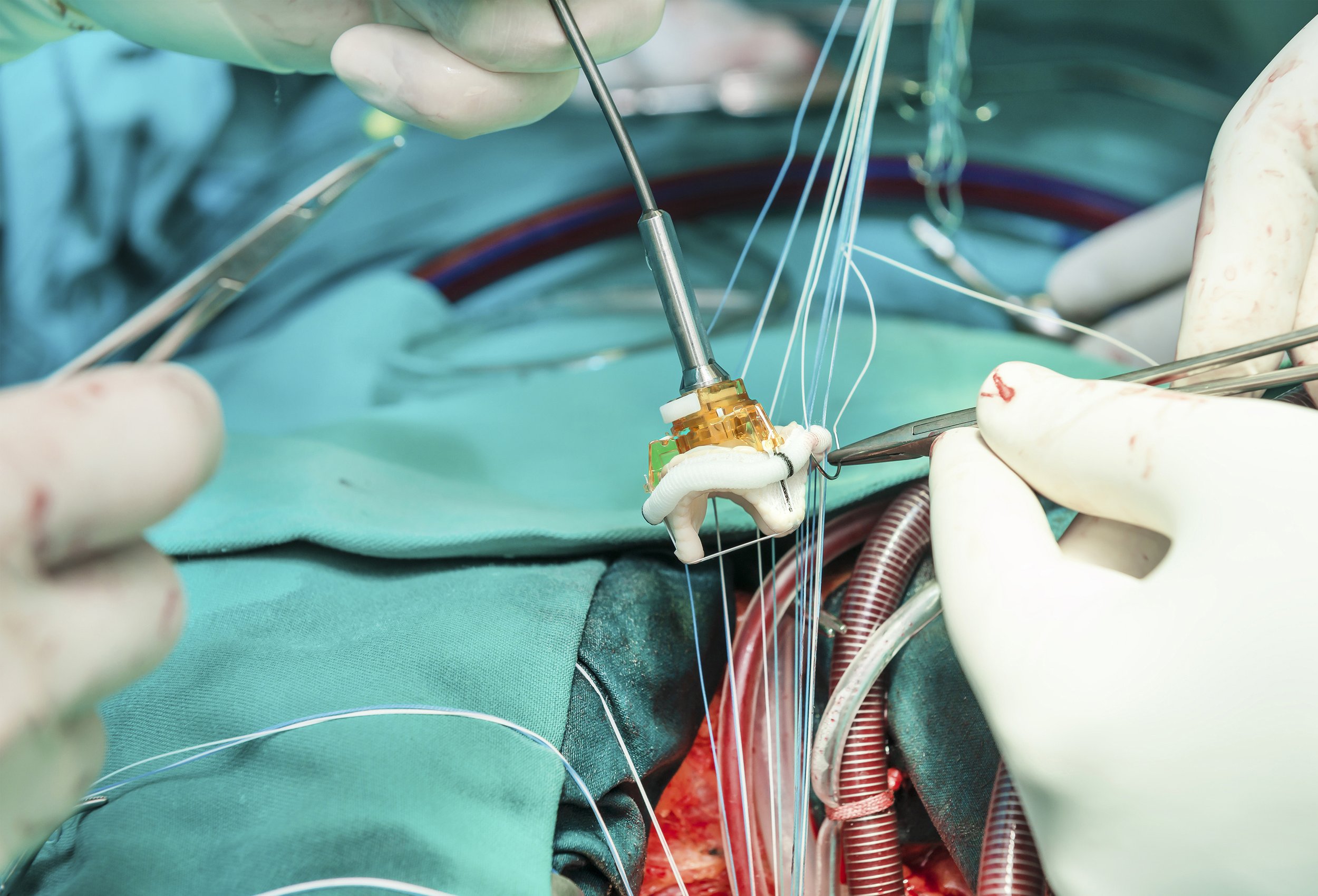Mechanical and morphological study of biostable polyurethane heart valve leaflets explanted from sheep
Gillian M Bernacca 1, Ian Straub, David J Wheatley
Abstract
Two novel biostable polyurethanes, designated EV3.34 and EV3.35, were used to manufacture a flexible trileaflet heart valve. The valves were implanted in the mitral position in young adult (18 month) sheep. Six valves were electively explanted at 6 months and the remaining six valves at 9 months follow-up. The leaflet material was examined by surface Fourier transform infrared spectrometry (ATR/FTIR) and scanning electron microscopy (SEM). The leaflet material was also subjected to cyclic mechanical testing and, compared with unimplanted control material, to demonstrate any change in mechanical properties during implantation. There was no degradation of functional groups detected by ATR/FTIR, although there was a slight surface enrichment of siloxane soft segment. Surface morphology of the explanted leaflet material was similar to unimplanted control material. EV3.34 demonstrated similar inelastic energy loss behavior, with no significant change in residual strain in explanted compared with control material. EV3.35 demonstrated a reduction in inelastic energy and residual strain in explanted compared with control material. There is no evidence of biodegradation of these siloxane-based polyurethanes, in functional valves up to 9 months implantation in sheep. The FTIR and SEM findings are supported by the retention of mechanical properties of the materials.
Copyright 2002 Wiley Periodicals, Inc.

